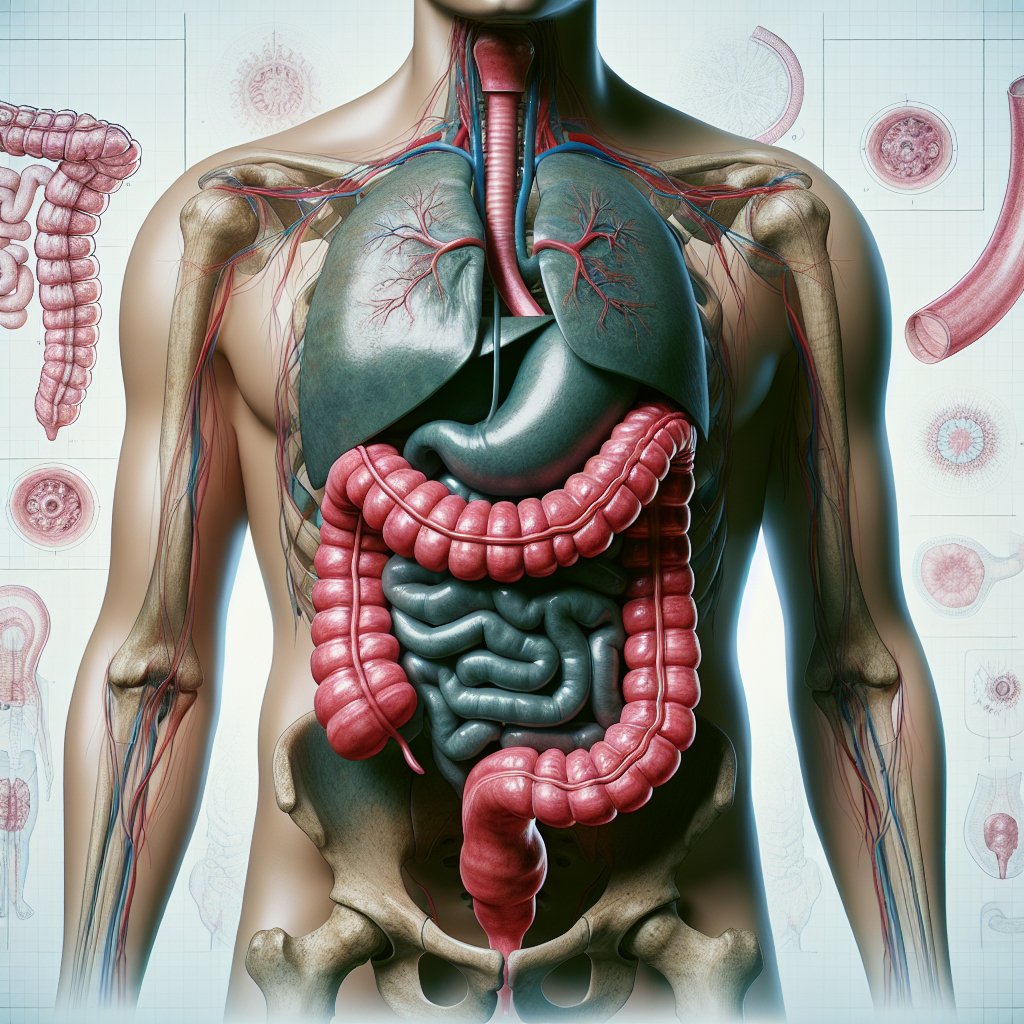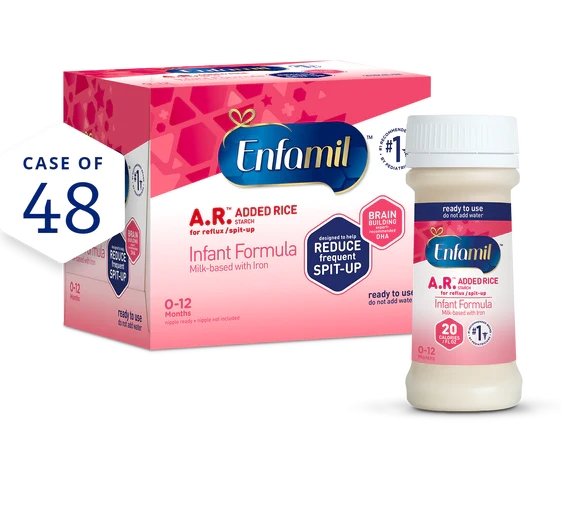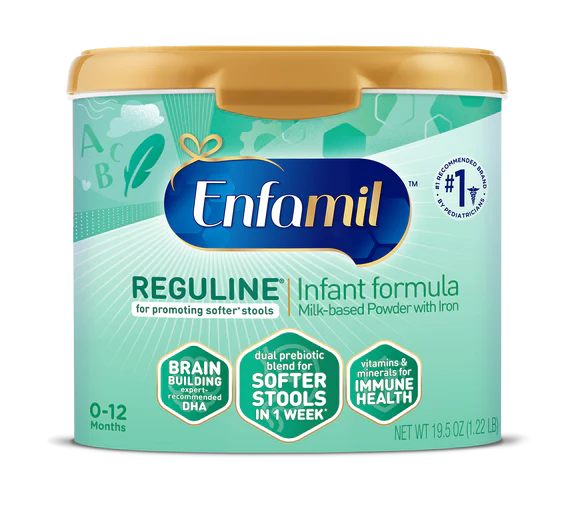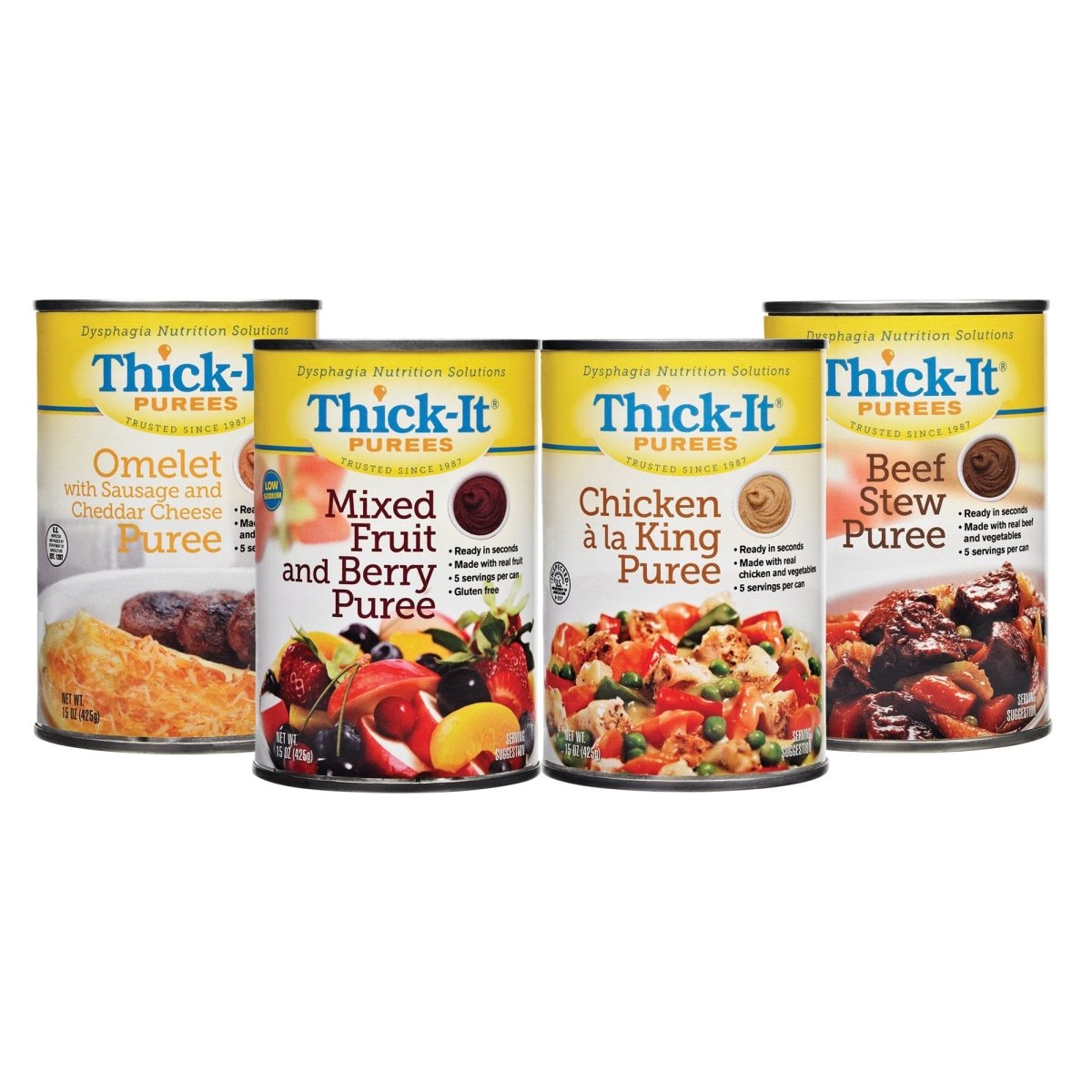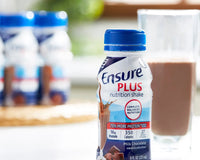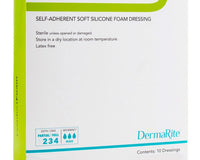Constipation is a common condition that affects people of all ages, causing discomfort and impacting overall health. It is characterized by infrequent bowel movements, difficulty passing stool, or both. The best formula to reduce constipation takes into account not only the immediate relief from symptoms but also the long-term health of the digestive system.
Effective management of constipation often involves a combination of dietary changes, increased water intake, and the use of specific supplements or medications. Dietary fiber, for instance, is essential for bowel regularity. It absorbs water, helping to soften the stool and making it easier to pass. Probiotics also play a vital role by maintaining a healthy balance of gut bacteria, which can improve digestive health.
It's important to recognize that while occasional constipation can be a minor inconvenience, chronic constipation can lead to more serious complications such as hemorrhoids, anal fissures, or fecal impaction. Therefore, finding the best formula to reduce constipation is crucial for maintaining a healthy digestive tract and preventing these potential issues.
At Cart Health, we understand the importance of managing your digestive health with the right products. If you're struggling with constipation and need effective solutions, Order online here for convenient shopping and doorstep delivery! We have a wide range of options that can help alleviate your symptoms and improve your comfort.
Key Ingredients in Formulas that Combat Constipation
The efficacy of any formula designed to reduce constipation is largely dependent on its ingredients. Key components often include dietary fibers such as psyllium husk, inulin, and methylcellulose. These fibers increase stool bulk and promote movement through the digestive tract. Psyllium husk, in particular, is renowned for its effectiveness and is a common ingredient in many over-the-counter laxatives.
Another crucial ingredient is magnesium, which acts as an osmotic laxative, drawing water into the bowels to soften the stool and make it easier to pass. Similarly, polyethylene glycol works by retaining water in the stool, leading to softer stools and more regular bowel movements.
Herbal extracts like senna and cascara are natural stimulants that increase intestinal activity and provide relief from constipation. However, it's important to use these ingredients judiciously as overuse can lead to dependency.
Probiotics such as Lactobacillus and Bifidobacterium species are also integral to constipation relief formulas. They help restore the natural balance of gut flora, which is essential for optimal digestive function. For individuals looking for a non-pharmacological approach, prebiotics that encourage the growth of beneficial bacteria can also be advantageous.
It's crucial to choose a formula that combines these ingredients in the right balance for your specific needs. Each individual's body responds differently to various compounds, and what works for one person may not be the best solution for another. This is where personalized advice and tailored solutions become invaluable.
Top Recommended Formulas for Easing Constipation

When it comes to alleviating constipation, certain formulas rise above the rest in terms of efficacy and user satisfaction. Among the top recommended formulas, there are a few that stand out for their reliable performance and quality ingredients.
- Miralax is a widely recognized brand that uses polyethylene glycol 3350 to effectively treat occasional constipation without causing harsh side effects.
- Metamucil offers a fiber-based formula that not only eases constipation but also contributes to overall digestive health by utilizing the natural laxative properties of psyllium husk.
- Colace is another popular choice, known for its stool softener capabilities that provide gentle relief, particularly for individuals who must avoid straining post-surgery or during pregnancy.
For those who prefer a more natural route, Senokot harnesses the power of senna, a natural plant-derived laxative, to stimulate bowel movements, while Phillips' Milk of Magnesia leverages magnesium hydroxide to offer swift relief.
It's important to note that while these formulas are effective, they are not one-size-fits-all solutions. Factors such as the underlying cause of constipation, individual health conditions, and medication interactions should be considered. In some cases, a combination of lifestyle changes, such as increased water intake and regular exercise, may be recommended alongside these formulas to promote long-term digestive health.
Ultimately, the best formula to reduce constipation will be one that aligns with an individual's specific health needs and is used as directed. Consulting with a healthcare provider can ensure that the chosen formula offers the most benefit with the least risk of adverse effects.
How Probiotics Can Help in Constipation Relief
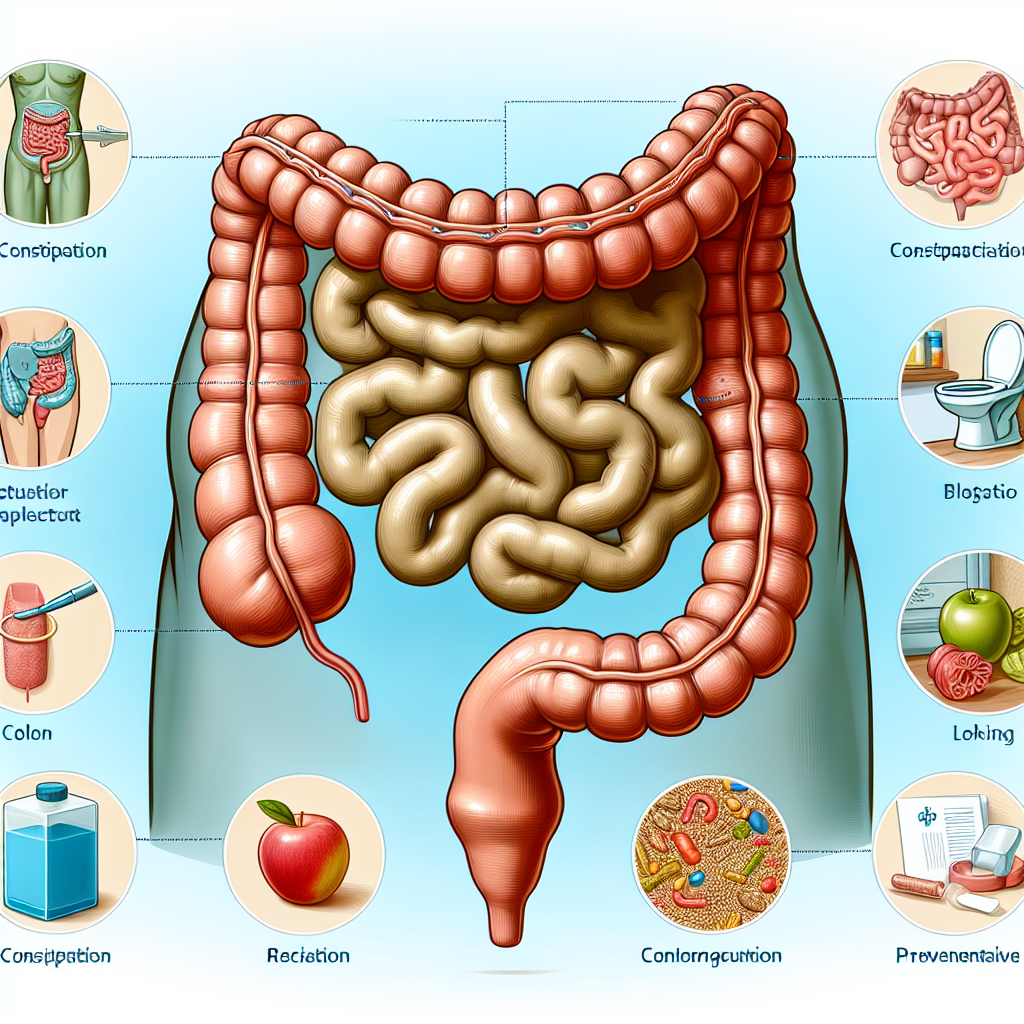
Probiotics, commonly referred to as 'good' bacteria, are increasingly recognized for their role in maintaining gut health and potentially aiding in constipation relief. These live microorganisms, found in fermented foods and dietary supplements, help balance the gut microbiota, which can be disrupted by a range of factors including diet, stress, and antibiotic use.
Specific strains of probiotics, such as Bifidobacterium and Lactobacillus, have been studied for their laxative effect. They may work by enhancing gut motility, improving the frequency and consistency of bowel movements, and reducing the gut transit time. This means that stools can pass through the digestive system more quickly and easily.
Furthermore, probiotics may contribute to the production of short-chain fatty acids like butyrate, which serves as an energy source for colon cells and helps regulate water and electrolyte absorption in the intestine. This process can result in softer stools that are easier to pass, thus alleviating symptoms of constipation.
While the research on probiotics and constipation is promising, it is essential to select the right type and dosage of probiotics. Not all probiotic strains are effective for constipation, and individual responses can vary. Therefore, it is advisable to consult with a healthcare professional before starting any new supplement regimen. Incorporating a variety of probiotic-rich foods into one's diet, such as yogurt, kefir, sauerkraut, and kimchi, can also be a natural way to introduce beneficial bacteria to the gut and support overall digestive health.
Ultimately, the effectiveness of probiotics for constipation relief may depend on an individual's unique gut flora and lifestyle, but with growing evidence of their benefits, they are certainly worth considering as part of a comprehensive approach to digestive wellness.
Dietary Adjustments to Enhance Formula Efficacy

When combating constipation, the efficacy of any formula can be significantly enhanced by making strategic dietary adjustments. A diet rich in fiber is a cornerstone of digestive health. Dietary fiber increases stool bulk and accelerates its passage through the colon, thereby aiding in more regular bowel movements. Adults should aim for a daily intake of 25 to 30 grams of fiber from varied sources such as fruits, vegetables, whole grains, and legumes.
It's not just about the amount of fiber, though; the type of fiber also matters. Soluble fiber, found in oats, nuts, seeds, and some fruits, dissolves in water and can help soften stool, making it easier to pass. Insoluble fiber, present in whole wheat flour, bran, nuts, and vegetables, adds bulk to the stool and can help food pass more quickly through the stomach and intestines.
In addition to fiber, staying hydrated is crucial for preventing constipation. Fluids help dissolve soluble fiber and maintain stool softness. The recommended amount varies depending on individual needs, but generally, drinking at least 8 cups of water a day is advised.
Another dietary recommendation is to limit foods that can exacerbate constipation. High-fat and processed foods, excessive dairy products, and sweets can slow down digestive processes. Instead, opt for balanced meals that include a variety of nutrients, and consider integrating probiotic-rich foods to support gut health.
It's also beneficial to establish regular meal times, as this can help regulate bowel function. Chewing food thoroughly and not rushing meals are simple yet effective practices to enhance digestion and absorption.
By pairing the best formula to reduce constipation with thoughtful dietary choices, individuals can create a synergistic effect that maximizes relief and promotes long-term digestive health. As with any health-related changes, it's essential to consult with a healthcare provider before making significant alterations to one's diet or supplement routine.
Maintaining Long-Term Digestive Health and Preventing Constipation
Order online here for convenient shopping and doorstep delivery! As you explore the best formula to reduce constipation, it is essential to look beyond temporary relief and focus on maintaining long-term digestive health. Regular exercise, for instance, is not only beneficial for overall health but also for stimulating intestinal activity, which can help prevent constipation. Physical activity, such as walking, swimming, or yoga, should be incorporated into daily routines to keep the digestive system functioning optimally.
Stress management is another critical factor in maintaining digestive health. High stress levels can negatively impact gut function, leading to constipation and other gastrointestinal issues. Mindfulness practices, relaxation techniques, and adequate sleep can all contribute to reduced stress and improved bowel movements.
Furthermore, paying attention to the body's signals is vital. Ignoring the urge to have a bowel movement can lead to harder stools and more difficult passage later. Establishing a regular routine for bowel movements, such as attempting to go at the same time each day, can train the body for consistency.
Lastly, regular medical check-ups can help detect and address underlying causes of chronic constipation. Health professionals can provide personalized advice and adjust treatments as necessary to ensure the best outcomes for digestive health.
Remember, a proactive approach to digestive health can prevent the discomfort and complications associated with constipation. At Cart Health, we understand the importance of comprehensive care. If you're looking for high-quality products that support long-term wellness, join the Cart Health family to experience the difference in managing your digestive health effectively.

